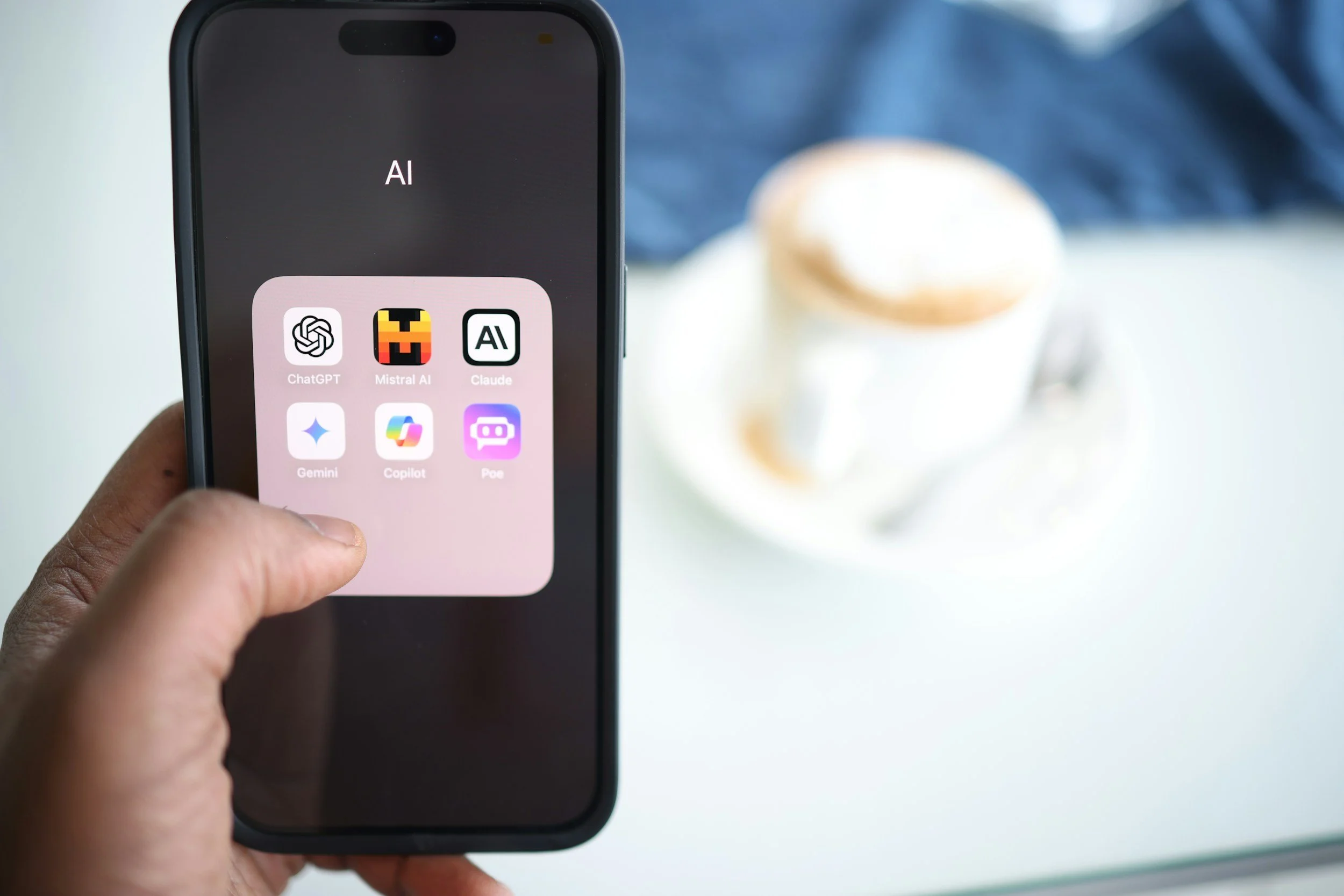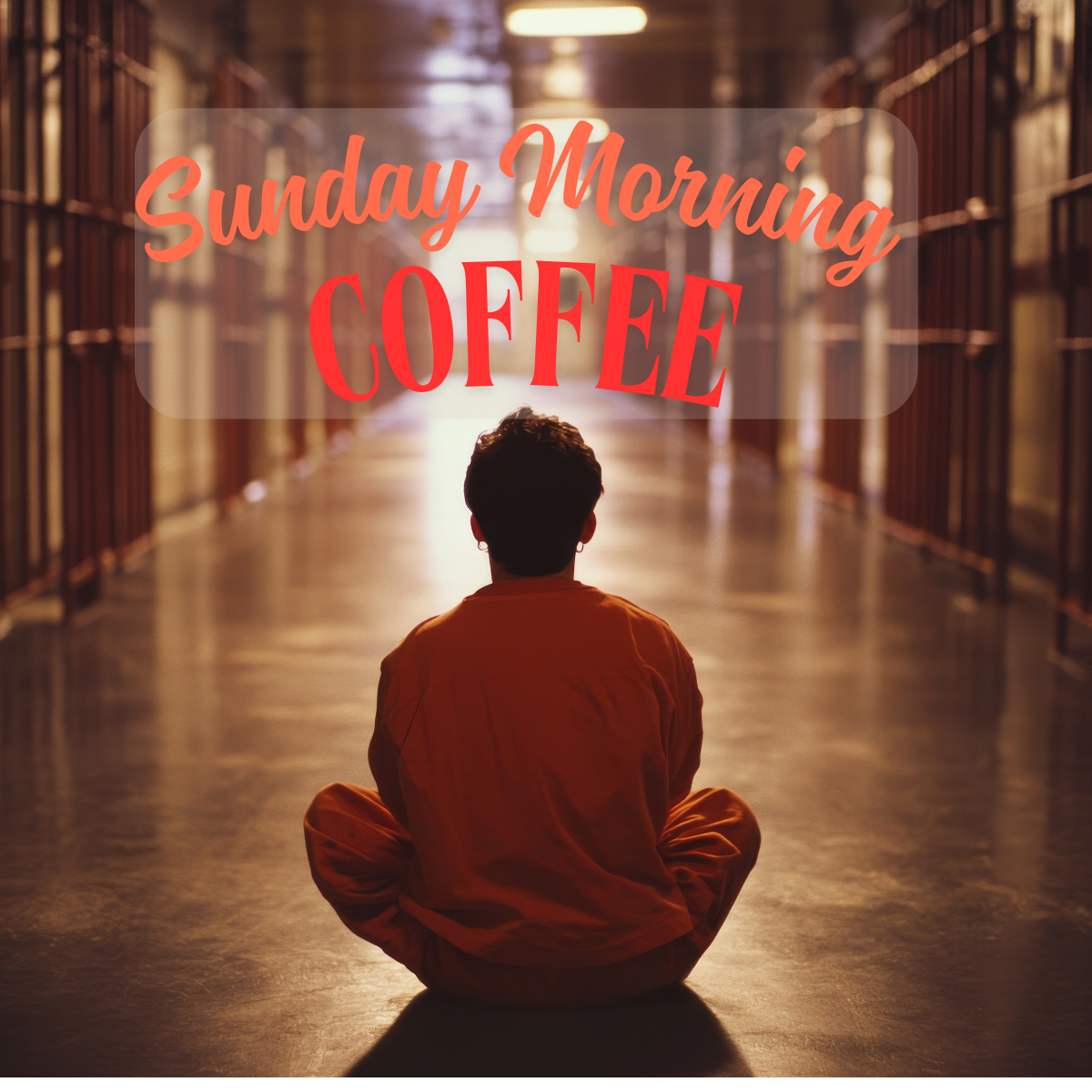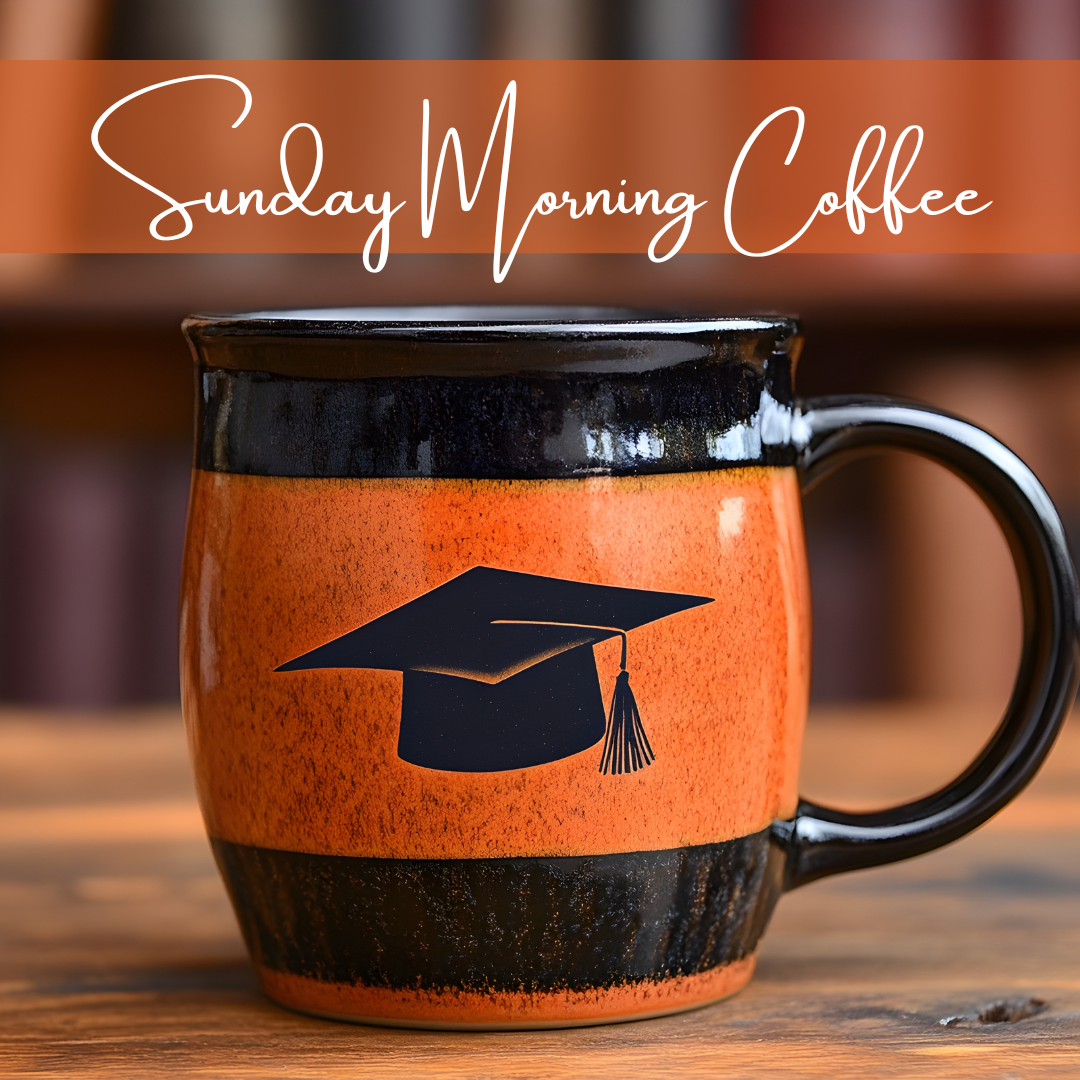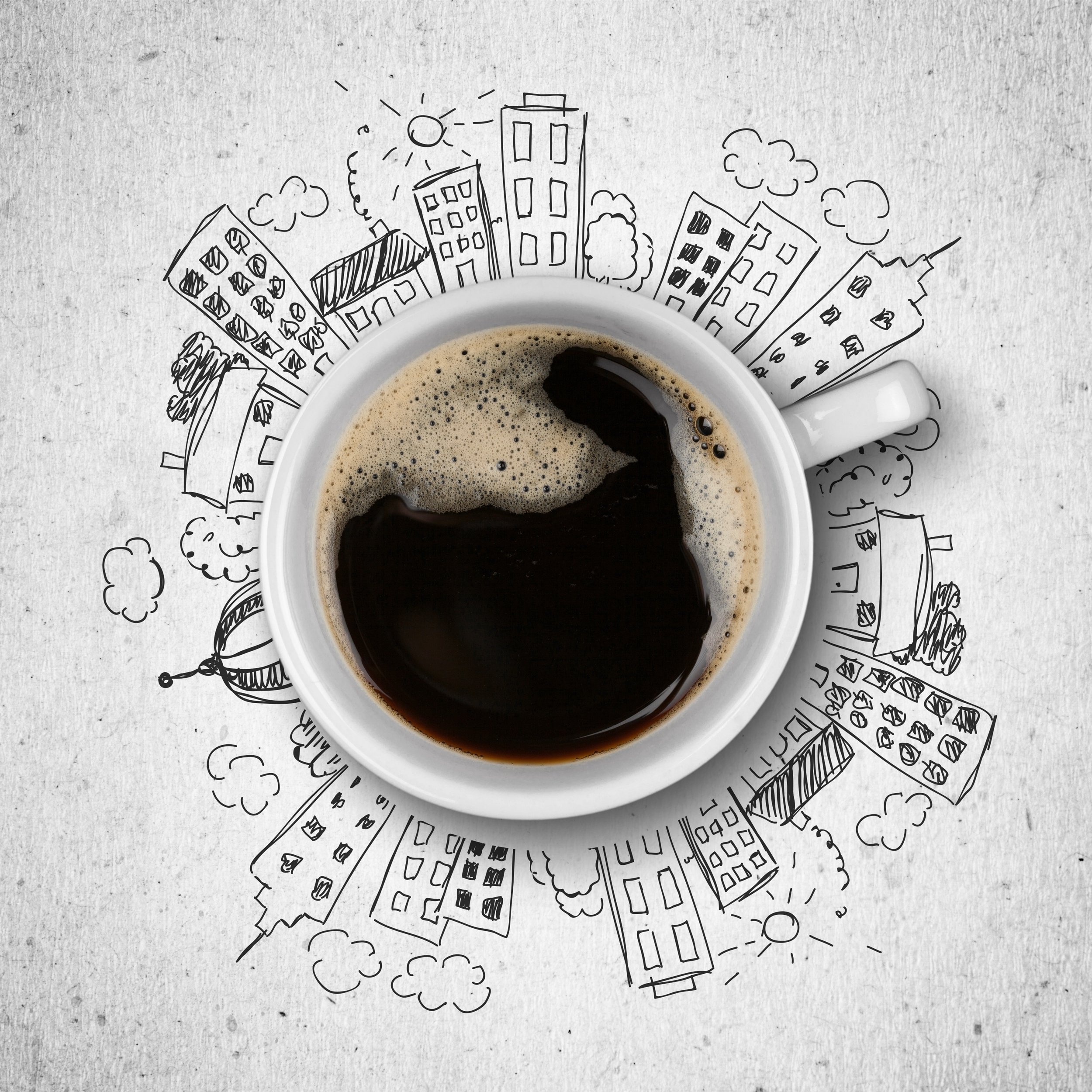
Correctional Compassion Fatigue Is Real
Compassion fatigue is what happens when the emotional cost of caring starts to outweigh your ability to cope. Caring for students and residents is imperative, but so is taking care of yourself.

If We Taught Every Student Like They Were Coming Home Tomorrow…
What if we treated every day like it was their last day to learn something that could change their life?

Guard Your Golden Hours
Tuning into your circadian rhythm isn’t just self-care—it’s an act of executive functioning. When we align high-demand tasks with our brain’s natural peak hours, we’re not just working harder—we’re working smarter.

Teaching with AI
Artificial intelligence (AI) isn’t here to replace teachers. It’s here to give you back your time, sharpen your creativity, and make space for what you actually want to be doing—teaching and connecting with students.

Mentorship That’s Real
Real mentorship—the kind that transforms lives—is gritty, patient, and deeply human.

What Would a Truly Restorative Justice System Look Like for Youth?
A restorative system doesn’t let youth off the hook. It just offers them a hook to hang hope on.

The Loneliness of the Correctional Educator
Correctional educators carry emotional weight most people can’t imagine, but correctional classrooms deserve connection, community, and recognition too.

Urgency in a Slow System: Teaching with Intention Behind the Fence
Teaching with intention in a system that moves at a glacial pace is an art…one in which correctional educators are masters!

This Is Not a Regular Classroom (And That’s Okay)
There’s a moment in nearly every correctional educator’s journey when we look around our classroom—maybe mid-lockdown, mid-lesson, or mid-crisis—and think: This is not a regular classroom.

What We Miss When We Only Measure GEDs
Diplomas are a cause for celebration, no argument! But here’s the thing: if we only measure GEDs, we’re missing the deeper, quieter, harder-won successes.

Work-Ready but Not Life-Ready: Rethinking Our Approach to Employment Prep
When we assume people already know how to navigate life outside, we set them up. Teaching life-readiness is about equity. It’s about recognizing gaps in opportunity, exposure, and expectation—and doing something about it.

The Frontline of Hope: A Tribute to Correctional Educators
Correctional educators are often the unsung heroes of the education world. Often unrecognized, under-resourced, and faced with impossible odds, they show up, day after day, in one of the most challenging environments imaginable—and they teach.

Retreat, Reflect, Return
Our incarcerated students carry stories that matter. They deserve programming that respects their potential and sees their humanity. And the people doing that work—you, me, the folks showing up in prisons and jails with lesson plans and heart? We need care, too.

Mental Health in the Margins
Mental health in corrections can’t be an afterthought. It can’t live in the margins. When we invest in mental wellness—for students and staff—we’re not just making people feel better. We’re creating safer environments. We’re improving outcomes. We’re building communities that don’t have to keep coming back through the revolving door.

What We Plant Today: Spring Lessons from Correctional Classrooms
Spring reminds us that growth is never instant. It’s a slow, steady push upward. A process. A promise.

☕ Sunday Morning Coffee: Passion Projects & Prison Classrooms
Nurturing passion is one of the most important gifts we can give a young person. And that’s true whether they're in a suburban high school, a GED program in jail, or a reentry support group in a halfway house.

Why Motivation and Engagement Are Essential in Correctional Education
Education is a proven pathway to opportunity, but for justice-impacted learners, staying motivated and engaged presents unique challenges. Technology can open the door to motivation, inspiration, and aspiration for these learners!

The Importance of a Work Community
Community isn’t just a noun—it’s something you do.

Supporting Student Wellbeing
Every educator—whether in a traditional classroom or behind the walls of a correctional facility or at their dining room table—knows that student wellbeing is the foundation for meaningful learning.

Prison Labor: Exploitation or Opportunity?
Every so often, the topic of prison labor comes up in the national conversation, and it’s usually framed as one of two extremes: either a modern form of slavery or a valuable rehabilitative tool. Like most things in life (and in corrections), the reality is more complex. So, grab your coffee, and let’s take a balanced look at the pros and cons of incarcerated labor.